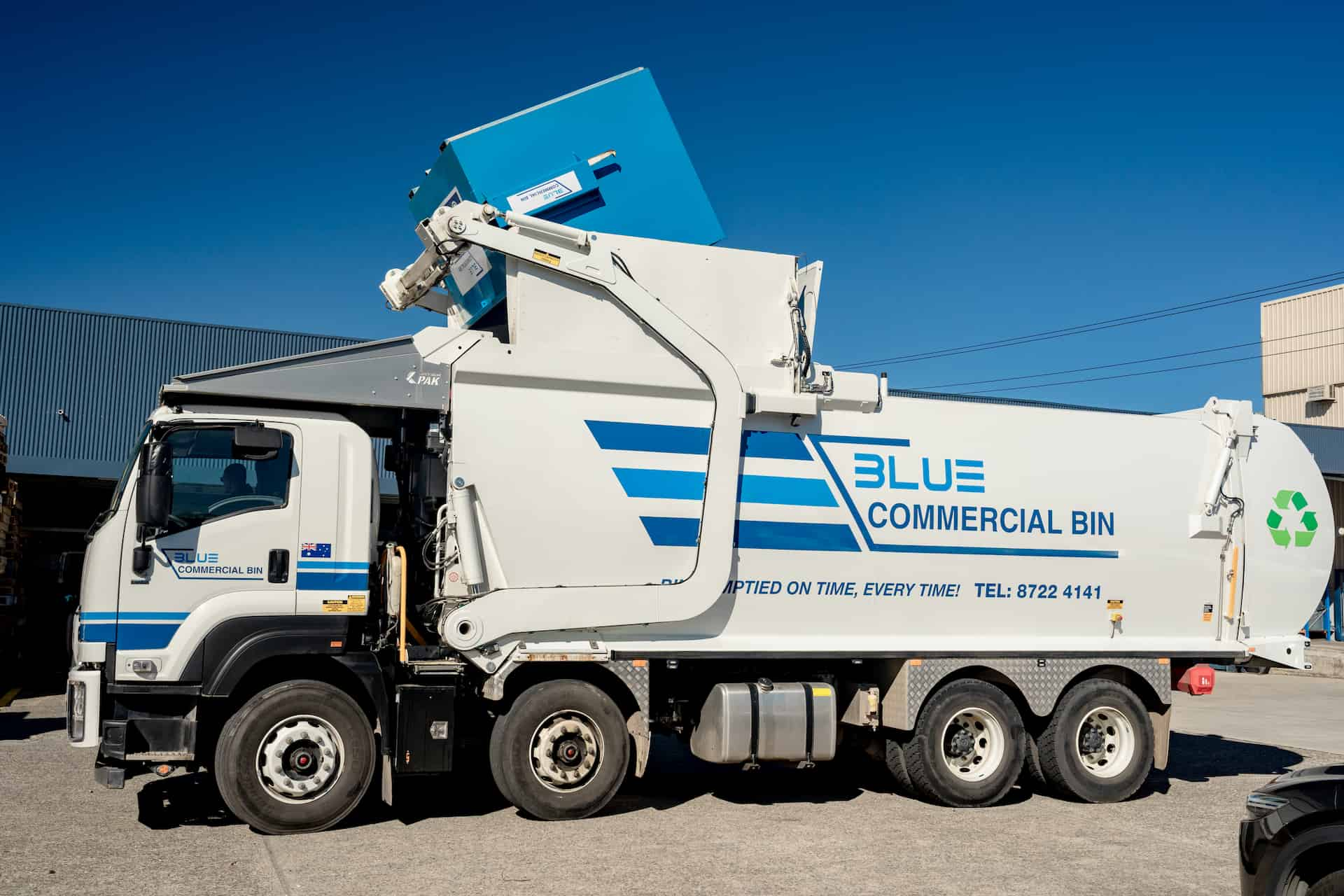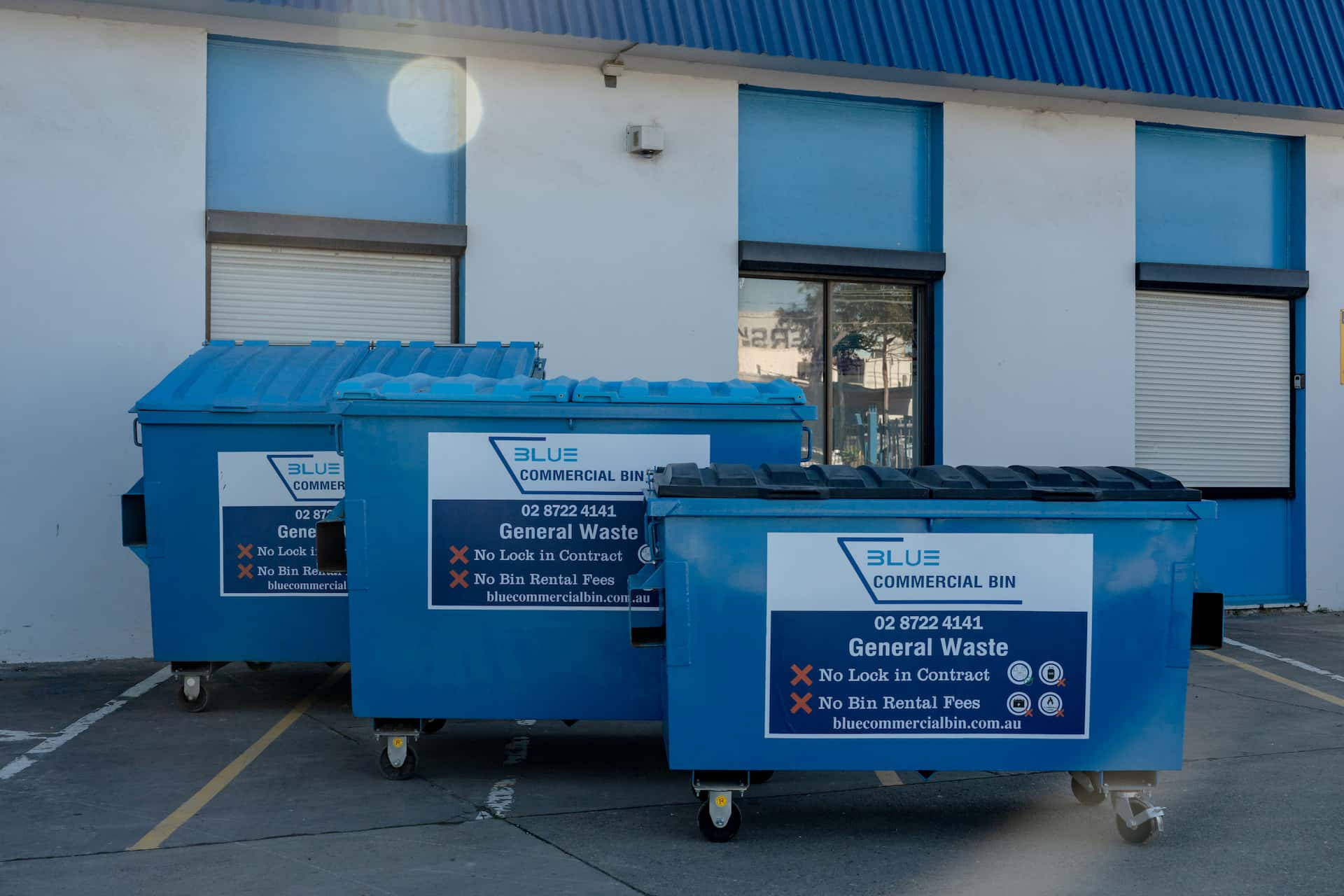General Waste
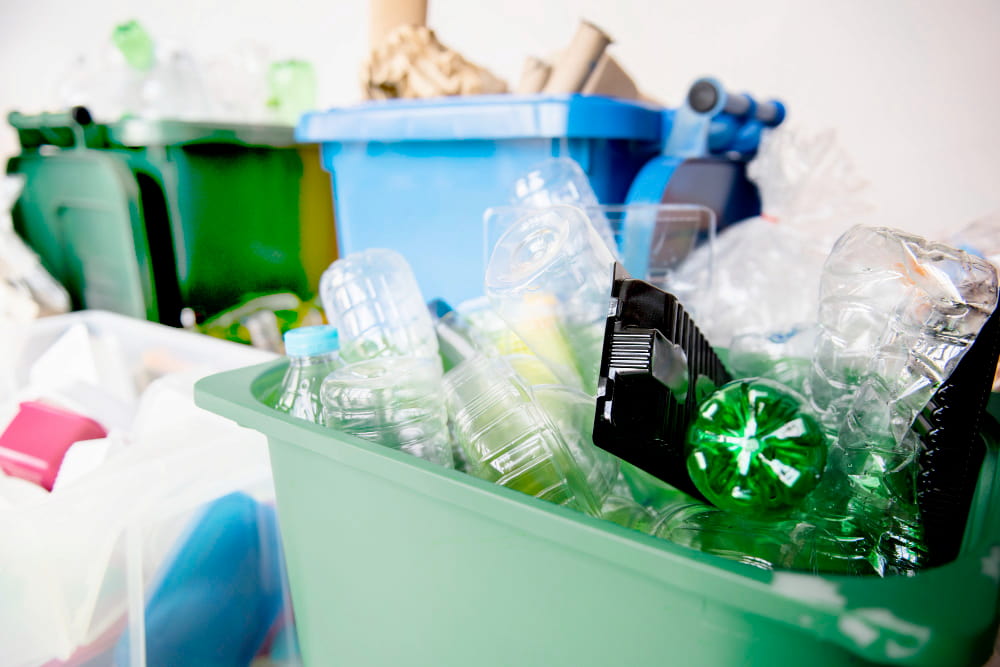
Acceptable Materials
- General waste
- Food waste and scraps
- Plastic bags and household garbage
- Plastic packaging, food wrappers and cling film
- Polystyrene
- Coffee cups or lids
Unacceptable Materials
- No building materials
- No recyclables (Avoid)
- No chemicals, oil, paint or hazardous waste
- No garden organics (Avoid)
Paper
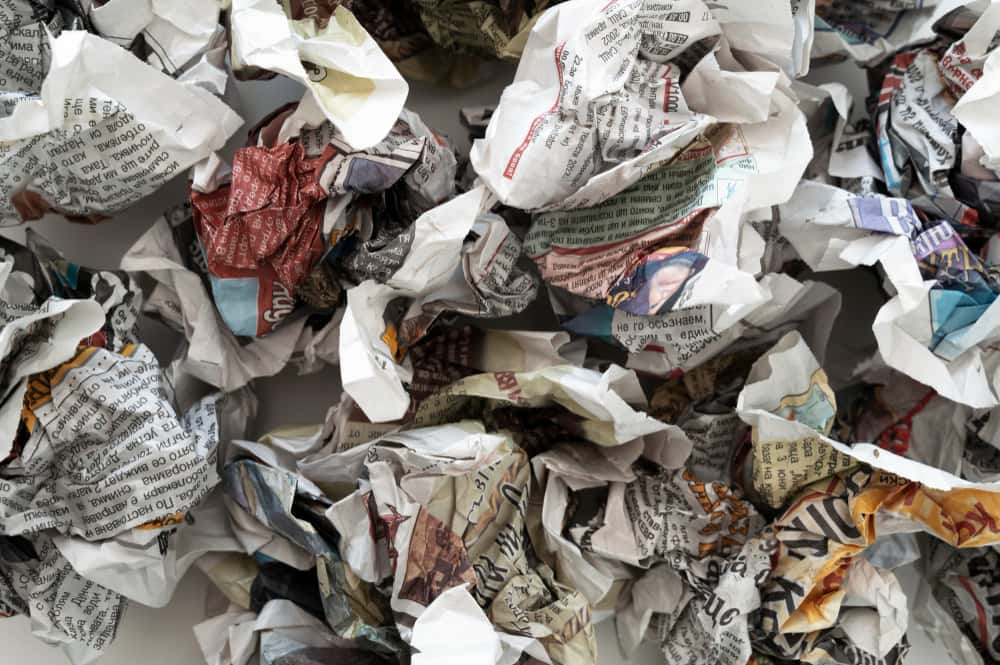
Acceptable Materials
- Cardboard boxes
- Newspapers
- Magazines
- Brochures and flyers
- Office and printer paper
- Egg cartons (clean though)
Unacceptable Materials
- General waste
- Sticky tape and labels
- Waxed cardboard or paper
- Styrofoam / polystyrene
- Plastic bags / wrap
- Coffee cups or lids
- Plastic or bottles
Cardboard
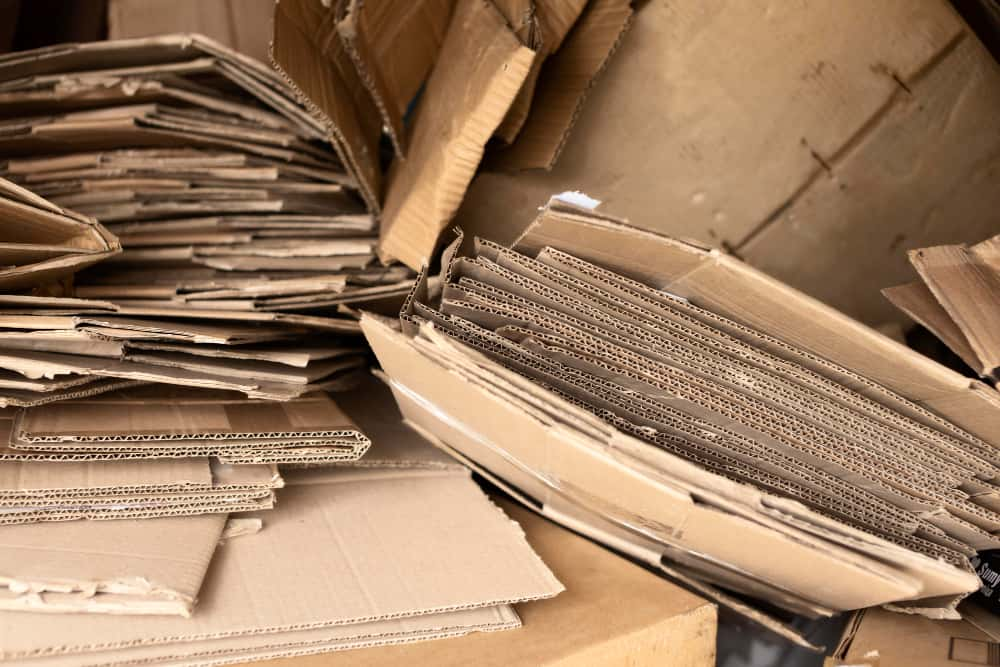
Acceptable Materials
- Cardboard boxes
- Newspapers
- Magazines
- Brochures and flyers
- Office and printer paper
- Egg cartons (clean though)
Unacceptable Materials
- General waste
- Sticky tape and labels
- Waxed cardboard or paper
- Styrofoam / polystyrene
- Plastic bags / wrap
- Coffee cups or lids
- Plastic or bottles
Why Waste Sorting Matters for Your Business
Proper waste segregation isn’t just about following rules—it directly impacts your bottom line and environmental footprint. Sydney’s waste management facilities have strict guidelines for different waste streams, and contaminated bins can result in rejection fees, additional collection costs, and potential compliance issues. By understanding these criteria upfront, your business can avoid costly mistakes and ensure smooth waste disposal operations.
Blue Commercial bin hire operates in Sydney under specific council regulations and state environmental guidelines. Different waste types require different processing methods, from general waste heading to landfill facilities to recyclable materials being processed at specialized sorting centers. Mixed contamination can compromise entire loads, making proper sorting crucial for the waste management system’s effectiveness.
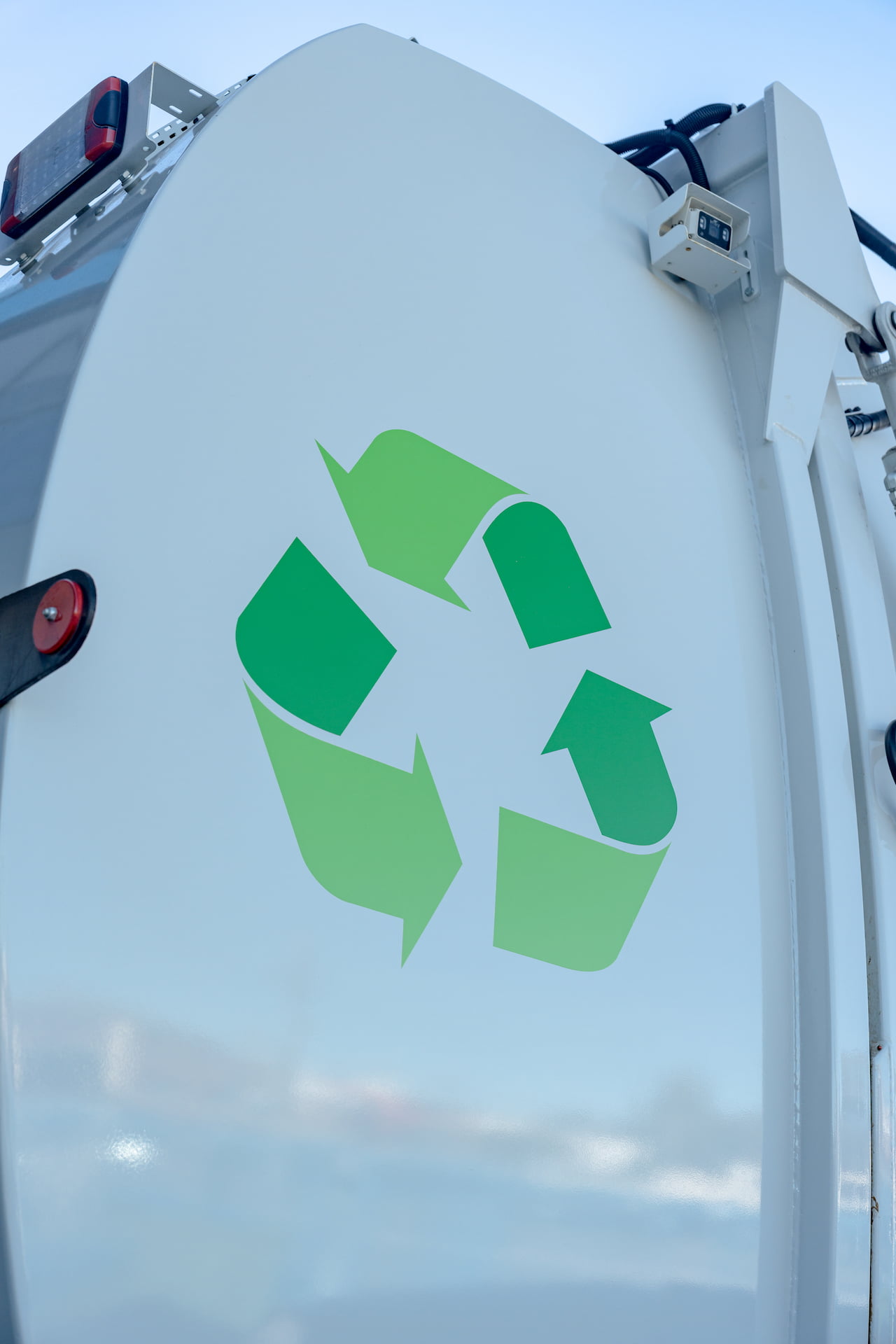
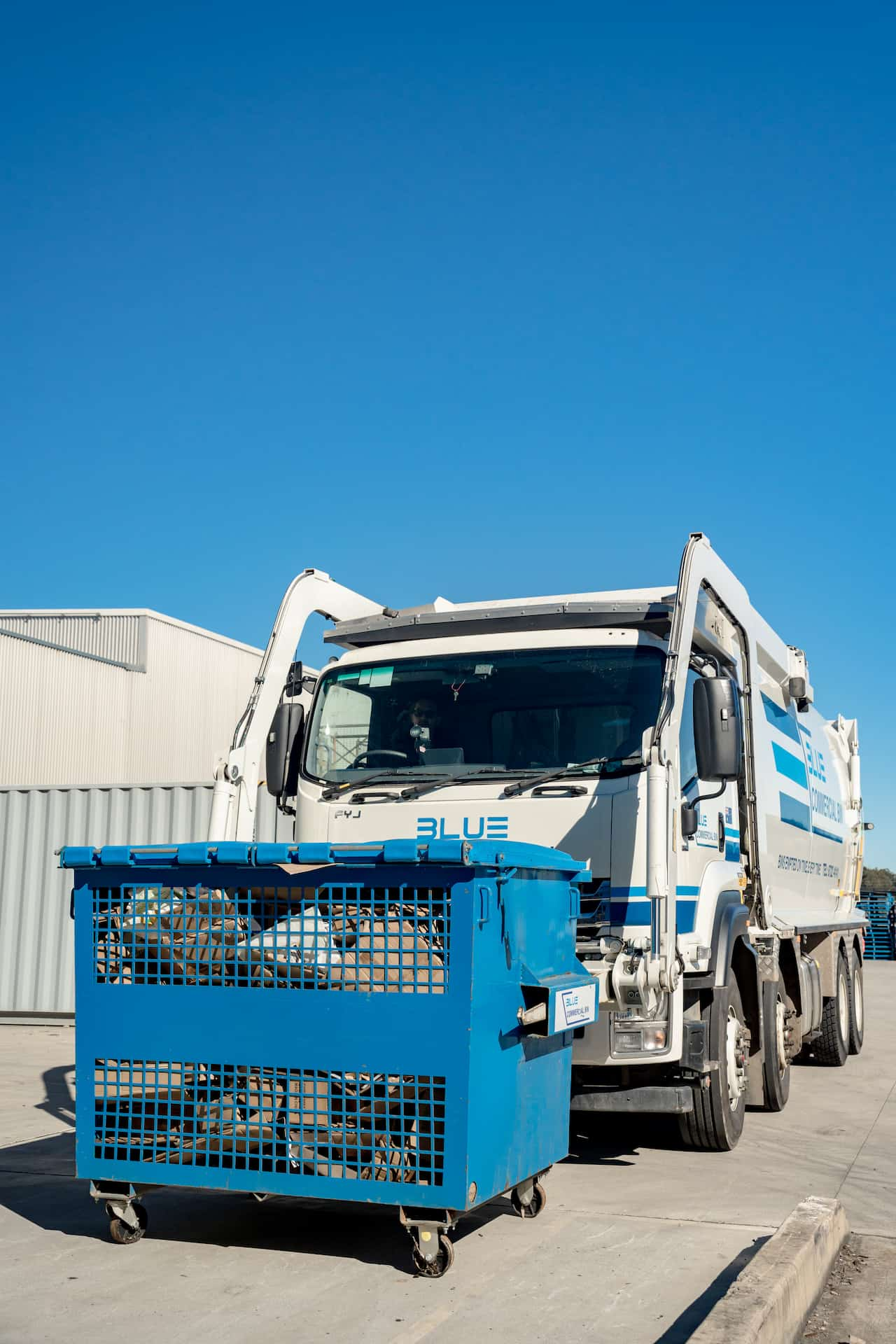
Environmental Impact and Corporate Responsibility
Sydney businesses increasingly recognize that responsible waste management reflects their commitment to environmental stewardship. Proper waste sorting reduces landfill pressure, increases recycling rates, and supports the circular economy. Many commercial clients find that implementing clear waste criteria actually improves workplace organization and employee awareness of environmental issues.
The guidelines outlined below help businesses maximize recycling opportunities while ensuring general waste streams remain uncontaminated. This approach not only supports Sydney’s waste reduction targets but can also reduce your overall waste disposal costs by directing recyclable materials to appropriate facilities rather than expensive landfill options.
Specific waste disposal needs?
Cost Implications of Incorrect Waste Disposal
Understanding acceptable and unacceptable materials for each bin type prevents unexpected charges. Contaminated bins often require specialized handling, additional sorting, or rejection at facilities, resulting in supplementary fees. For construction businesses, accidentally placing building materials in general waste bins can trigger significant penalty charges, while offices mixing general waste with recyclables may face bin rejection and re-collection fees.
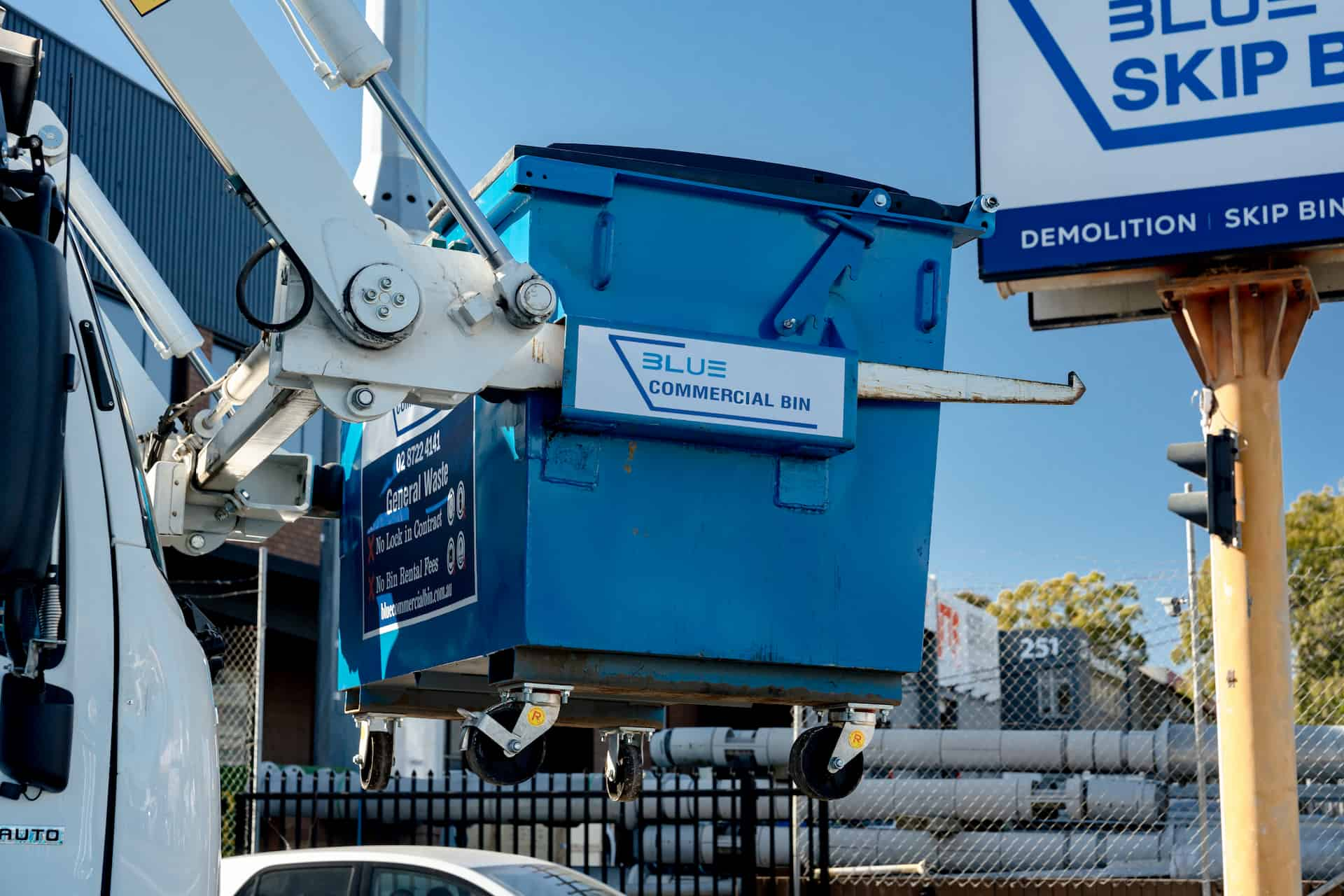
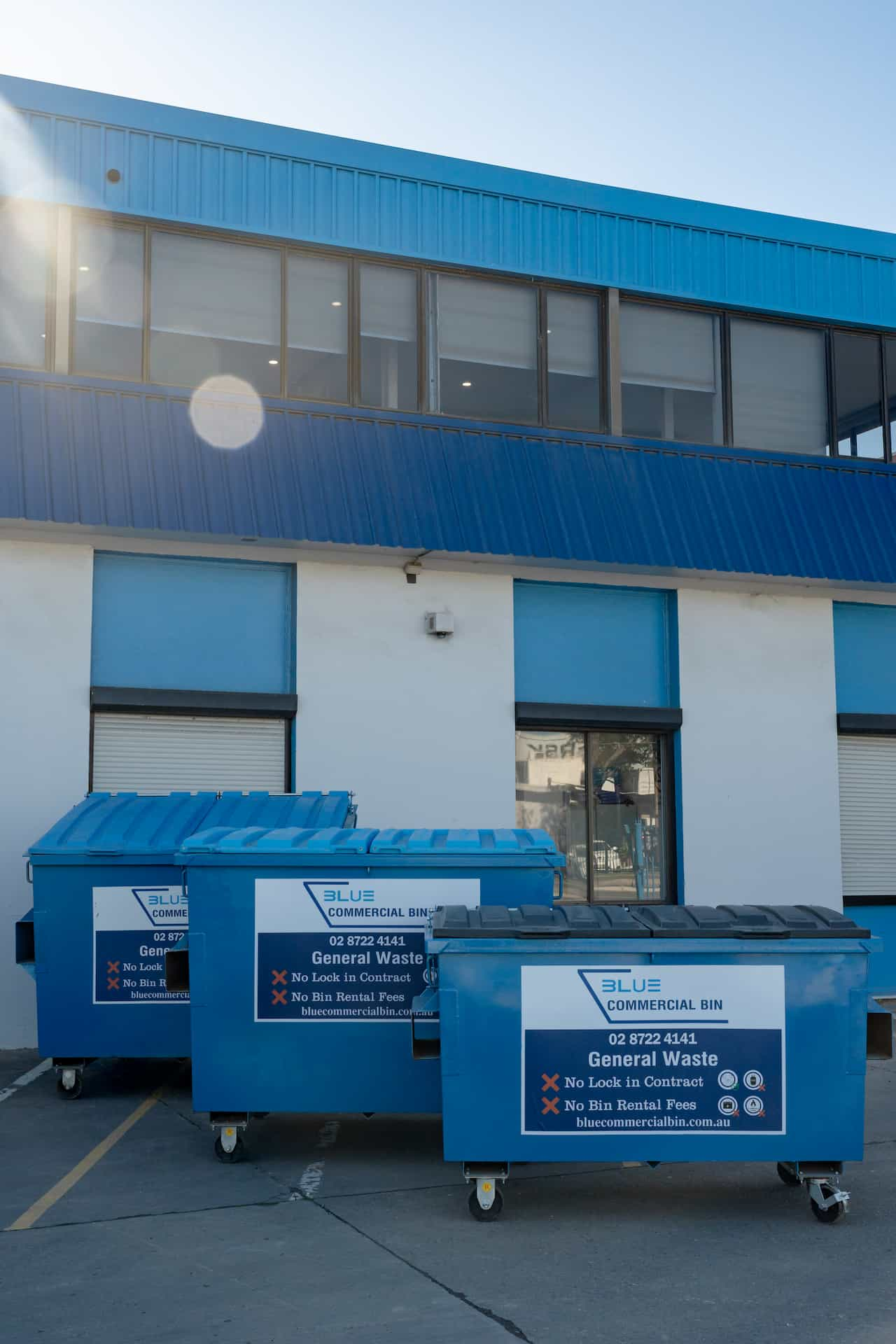
Streamlining Your Waste Management Process
These criteria serve as your comprehensive guide for efficient commercial bin utilization in Sydney. Each waste category has specific requirements designed to optimize processing efficiency and environmental outcomes. By training your team on these guidelines and implementing simple sorting procedures, your business can ensure compliance, minimize costs, and contribute to Sydney’s sustainable waste management objectives.
The following detailed breakdown of acceptable and unacceptable materials provides clear guidance for three primary waste streams: general waste, paper, and cardboard. These categories represent the most common commercial waste types, and proper sorting between them forms the foundation of effective commercial waste management.
Remember, when in doubt, contact your bin hire provider for clarification. Most reputable Sydney commercial bin hire companies offer guidance and support to ensure your waste disposal meets all requirements while maximizing environmental benefits and cost-effectiveness.
For all your commercial bin hire business needs don’t hesitate in contacting us to get a caring approach to your rubbish needs!
Request a Free Quote
